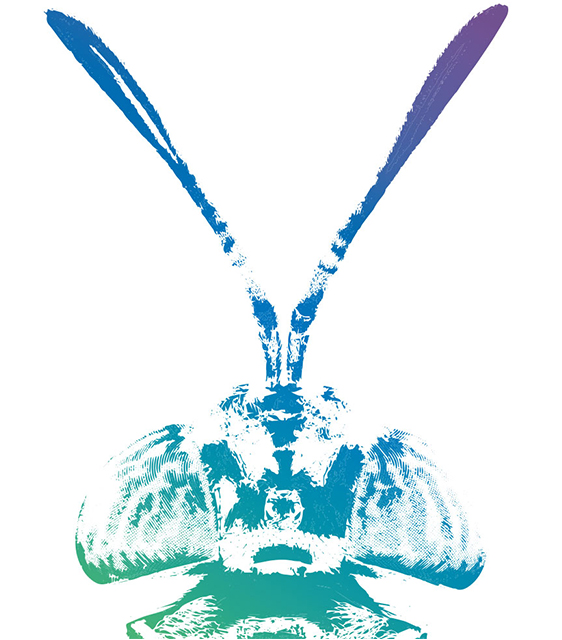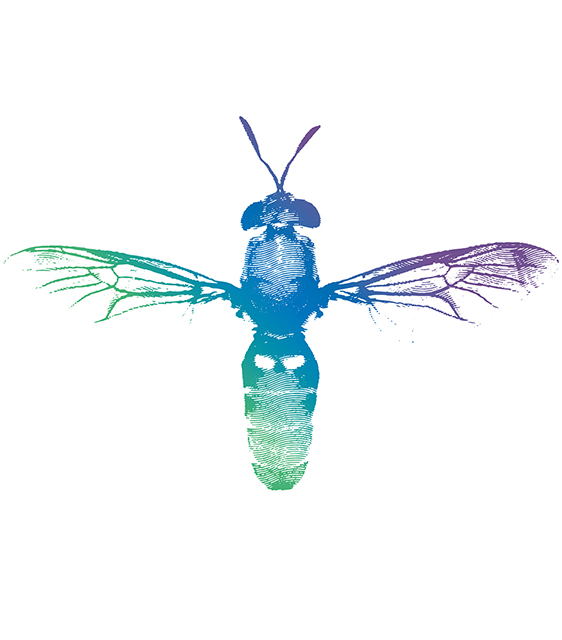WHY INSECTS?
GLOBAL CONTEXT
F&B industry throws waste into the environment that is dangerous for humans, animals and biodiversity livelihood.
30-40% of the food produced today ends up in the trash. Food waste is responsible for 6% of global greenhouse gas emissions.
Agriculture uses 15% of the world’s land surface for crop production, of which 70% is for animal feed. It also consumes 70% of the water worldwide.
THE SOLUTION
The feed industry needs to find alternative solutions to produce a sustainable source of protein meal. Clinsect converts organic waste from major players in the food and beverage industry in Laos processing plants into high protein insect meal and rich organic soil fertilizer, using black soldier flies (a non- invasive and harmless insect species).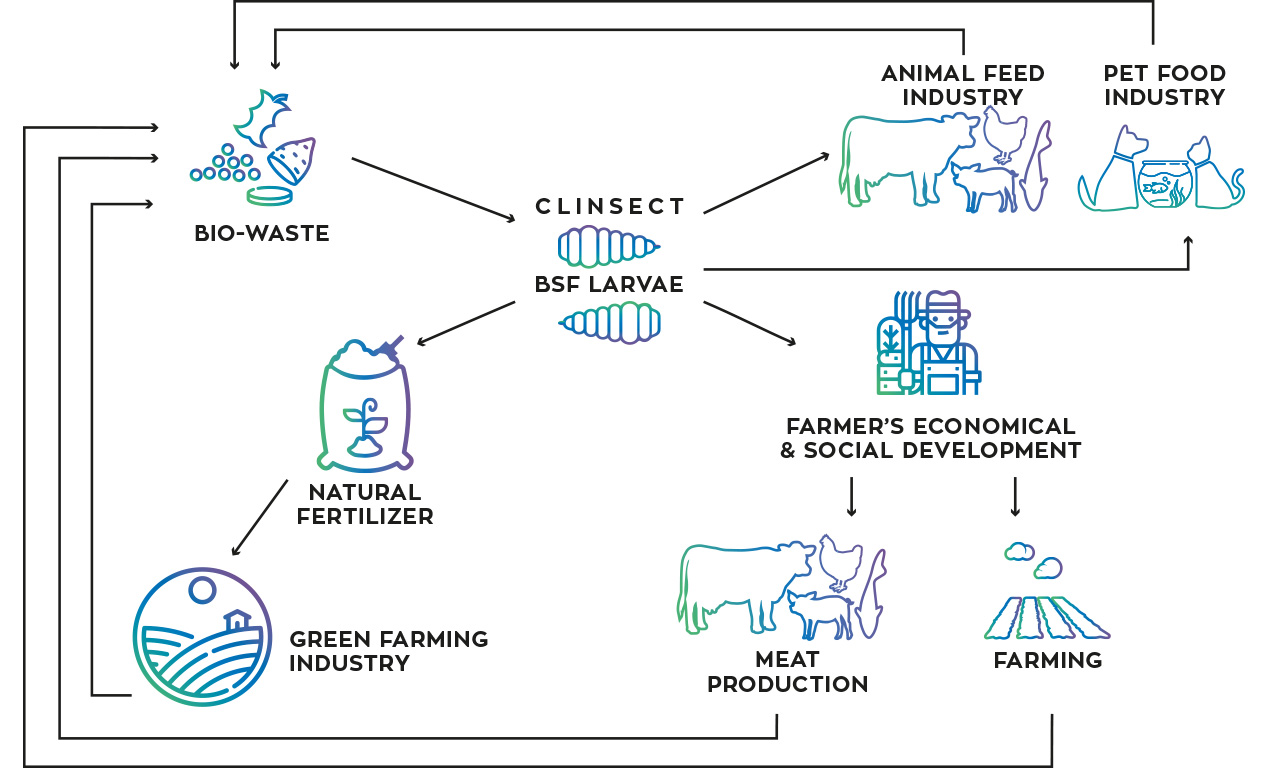
WHAT WE DO

Clinsect produces organic fertilizer and high-protein feed for fish and pets by bio-converting organic waste from the F&B industry, using black soldier flies.
Our production system allows us to be:
SCALABLE
With abundant organic waste from the F&B industry co-product available in the region, we can increase production to meet increasing demand.
CONSISTENT
Engaged to produce always with the highest quality following best practices.
TRACEABLE
We follow and evaluate our product from egg to package. Our entrants are 100% clean co-products from the F&B industry.
SUSTAINABLE
As actors of the circular economy, we convert polluting biomass with close to zero carbon footprint.
CLINSECT AIMS TO BECOME ONE OF THE TOP GLOBAL SUPPLIERS OF HIGHLY TRACEABLE AND SUSTAINABLE PROTEIN AND NATURAL FERTILIZER, SUPPORTING THE MEAT INDUSTRY, THE PET FOOD INDUSTRY AS WELL AS THE GREEN AGRICULTURE.
MEAT PRODUCTION
- Aquaculture
- Poultry
- Pork
- Cattle
PET FOOD INDUSTRY
- Dogs
- Cats
- Aquarium Fish
GREEN AGRICULTURE
Natural Fertlizer
OUR PRODUCTS
1. MEAT PRODUCTION
Suitable for aquaculture, swine and poultry farming.
ClinLarvae
BSF Larvae - Fresh or Frozen
- Bred and farmed in a natural environment
- Fed high protein ingredients from organic biomass
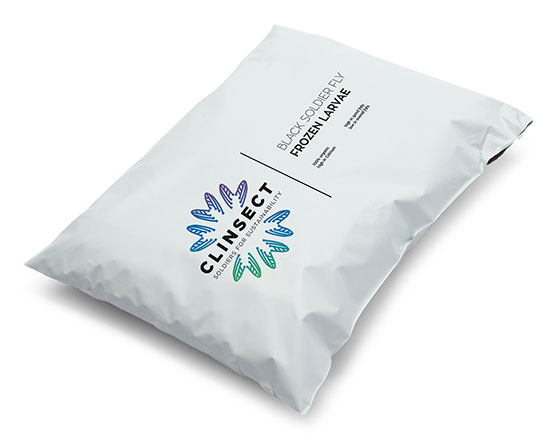
ClinMeal
BSF Meal – Full Fat and Defattened
- Produced from in house-bred oven dried black soldier fly larvae
- Source of high quality protein content
- High quality sustainable animal protein source
- Highly digestibility and palatability
- Ideal balance of high quality amino acids, lipids and micronutrients
- Increased feed intake
- Lower FCR
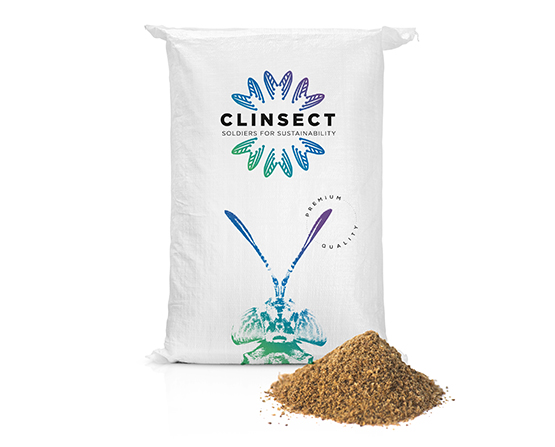
ClinOil
BSF Oil
- Extracted from in house-bred oven dried black soldier fly larvae
- High concentration of fats and lauric acid
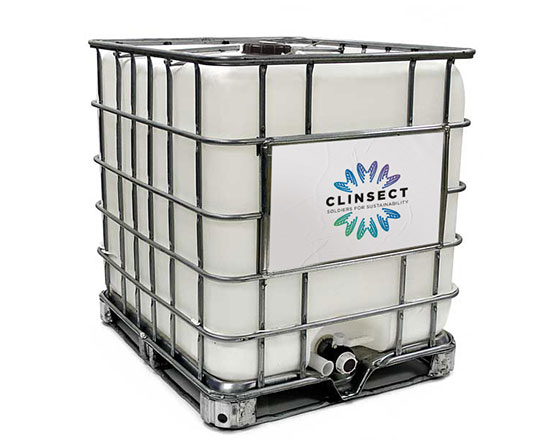
2. PET FOOD INDUSTRY
Raw material for the pet industry.
ClinMeal
BSF Meal – Full Fat and Defattened
- Source of balanced premium nutrition
- Ideal source of proteins and fats to maintain good health
- Easy digestibility and palatability
- Powerful source of energy
- Hypoallergenic

ClinSup
Protein Supplements
- Tailored made products for specific requests
- Conceived to balance unique diets
- Tailored made products for specific requests
- Conceived to balance unique diets

ClinOil
BSF Oil
- Extracted from in house-bred oven dried black soldier fly larvae
- High concentration of fats and lauric acid

3. GREEN AGRICULTURE
Suitable for fruit trees, vegetables or home plants.
ClinFrass
BSF Frass
- Rich organic soil conditioner
- Made from in house bred larval residue
- High in nitrogen, phosphorus and potassium (N-P-K)
- No chemical products or additional processing involved
- Rich in organic matter, humic and acid, and beneficial microorganisms
- With biostimulant properties, it facilitates the absorption of nutrients
- Increases yields and improves overall soil microflora
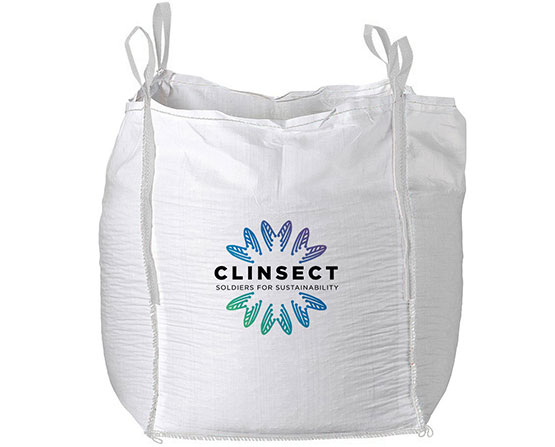
WHO WE ARE

Strategic advisory and investments, structuring sustainable investment opportunities in Mongolia and South-East Asia.

Private investment company focused on Agriculture, Aquaculture and Entomoculture; food manufacturing, processing and retail, in South-East Asia and Africa.

Key player in local agriculture since 2008, with activities such as corn (seeds distribution, harvest and a drying center) Meat (pig, cow and fish farms, slaughterhouse) and feed manufacturing.
OUR TEAM

CEO

Chief Operating Officer

Secretary General

Director

Director

Director
GEOGRAPHY
& PROXIMITY
Clinsect was established in Lao PDR in 2018 as a solution to the local protein market. As a landlocked country, Lao PDR highly depends on Thailand, Vietnam and China to obtain soya and fish meal, the protein used in production of animal feed. This results in higher costs for the local farmers. Entomoculture represents a relevant possibility to take the lead in innovative solutions. Our current BSF farm is in the outskirts of Vientiane Capital.
Once the project has reached its goals in Laos, Clinsect will expand to South-East Asia to provide protein feed to the ASEAN aquaculture and pet market.
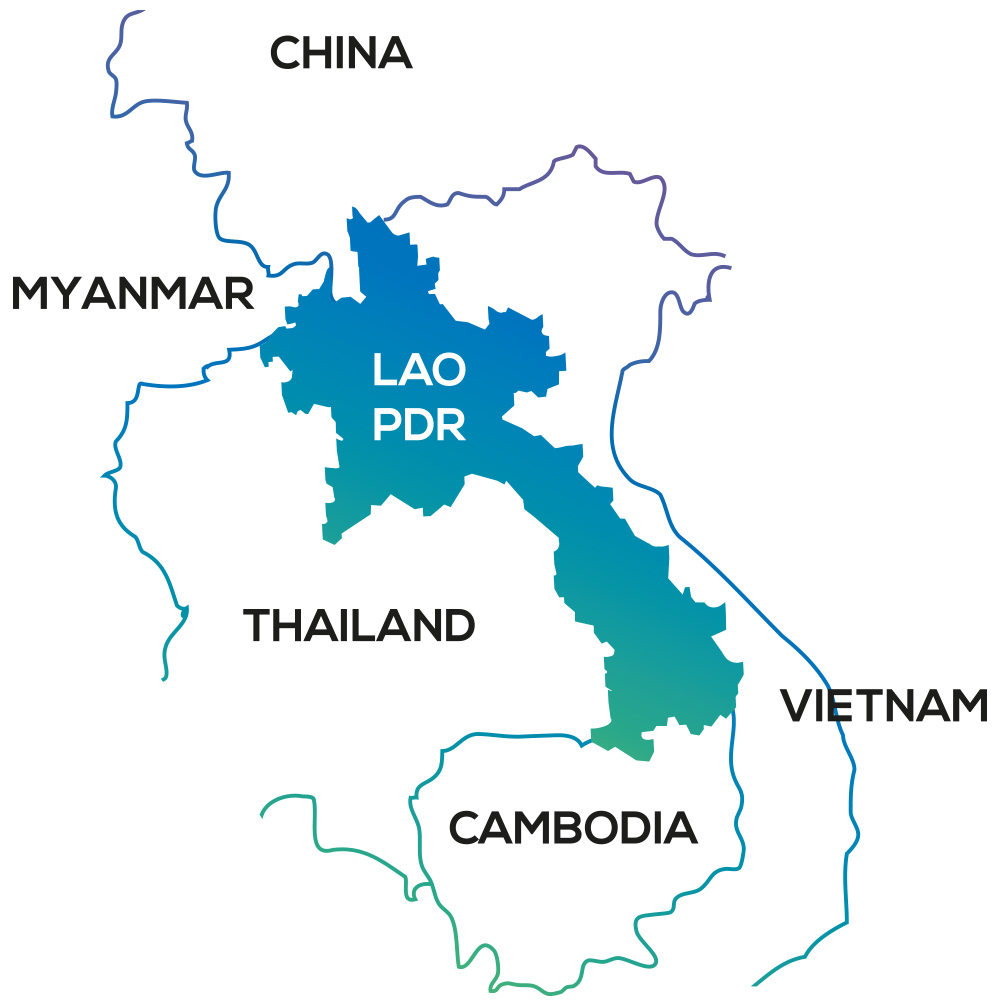
OUR PARTNERS
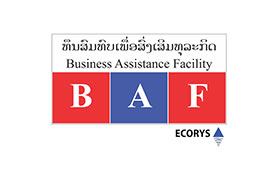
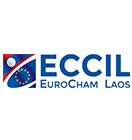
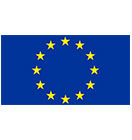

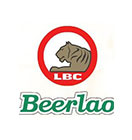
SOCIAL & ENVIRONMENTAL RESPONSIBILITY
CIRCULAR ECONOMY
Clinsect promotes a clean protein production process recycling waste biomass from the local food and beverage industry, which used to contaminate water and soil.
Beer world production exceeds 2 billion hectoliters per year: 20% is organic waste.
300 million tons of cassava are produced globally per year: 50% is cassava starch.
In Lao PRD, the beer and cassava industry dispose daily of 160 tons of liquid and semi-liquid waste with no clear understanding on impact on water and soils and using very high carbon footprint drying methods.
Clinsect collects and uses this locally polluting waste to produce feed and food with close to zero carbon print.
Clinsect promotes a unique resource efficient system and innovative sustainable production model by valorizing waste and promoting a culture of re-use and recycle and showing local entrepreneurs the benefits of waste management.
SOCIALLY RESPONSIBLE
Clinsect creates local high value jobs in the innovative field of bioconversion and carries out studies in association with local universities and organizations, thus promoting environmental sustainability and local involvement among Laotian students and academia.
Clinsect also offers the local population access to better quality and more sustainable food. Livestock animals fed with insect meal have shown equal or better meat quality compared to those fed with soya or fish meal.

